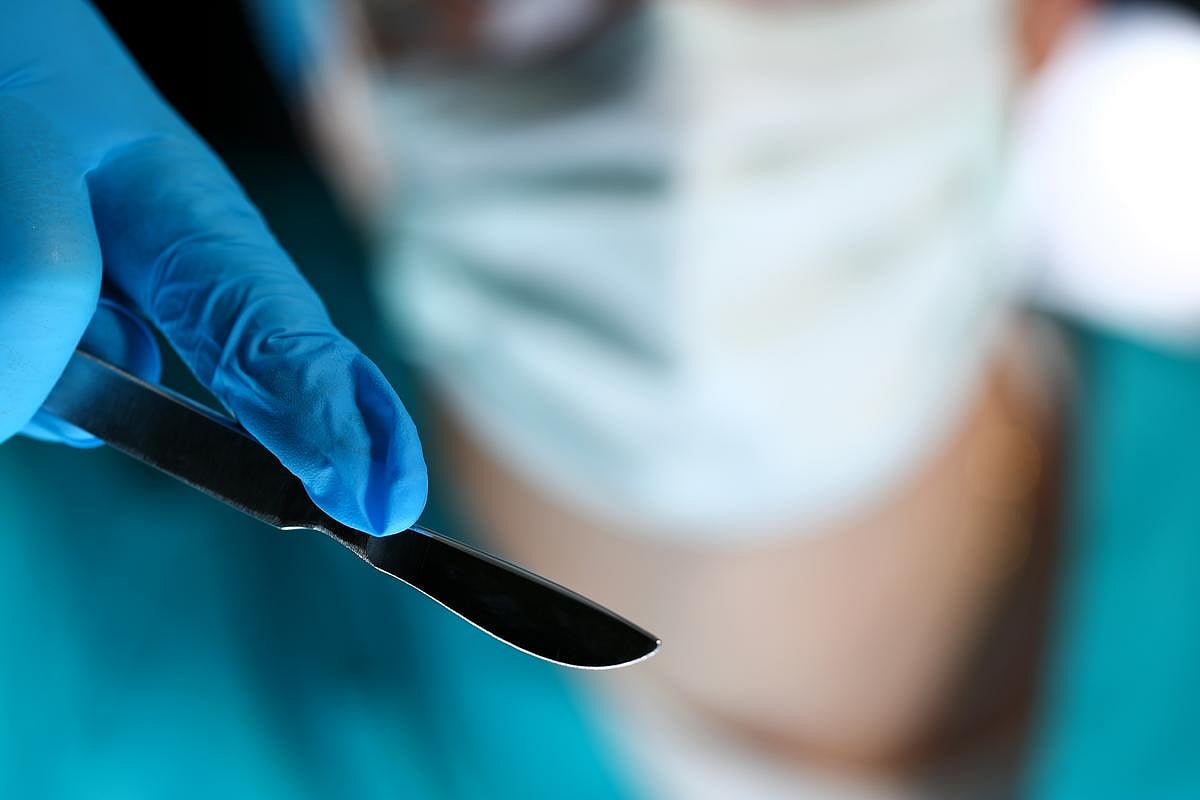Due to a recent change in our pharmacy software system, the process for submitting refill requests online has now changed.
Our previous mobile app and your current login credentials will no longer work.
Please click the Patient Portal tab to begin the new process.
Thank you for your patience during this transition.
New Patients Please Call 859-495-3972 or complete this New Patient Form
Manténgase sano!

- Posted November 13, 2025
Personalized Prehabilitation Improves Surgery Outcomes, Trial Finds
People facing a major surgery might understandably think they need to conserve their energy, both for the procedure as well as the rehabilitation to follow.
But they’d be better off if they engaged in “prehabilitation." And a new study found prehab works best if a patient receives some one-on-one attention.
Patients who got a personalized prehab program with twice-weekly coaching wound up better prepped for surgery than those offered standard pre-surgery advice without any direct guidance, researchers reported Nov. 12 in the journal JAMA Surgery.
Those who got personal coaching improved significantly on every test of physical and mental fitness prior to their procedure, researchers found.
The patients also experienced changes in their immune system that aided their post-surgery recovery and wound up with fewer major complications.
“You can think of prehab as a way to train — not just your physical resilience, but also your immunological, neurocognitive and psychological state, to really prepare for this major trauma of surgery,” senior author Dr. Brice Gaudilliere, a professor of anesthesiology, perioperative and pain medicine at Stanford University, added in a news release.
Eating right, exercising and getting plenty of sleep to boost physical and mental health can help a person withstand the extraordinary toll that major surgery takes on the human body, researchers said.
“You would never run a marathon without training for it,” senior author Dr. Cindy Kin, an associate professor of surgery at Stanford University, said in a news release.
Unfortunately, many patients fail to make significant lifestyle changes prior to their surgery, researchers said.
“Even though it’s recommended by physicians, to actually have patients do it, and have compliance and adherence to these prehabilitation programs, is quite difficult,” Gaudilliere said.
For the new study, researchers compared 27 patients facing major elective surgery who randomly chose to receive personalized prehab coaching with a control group of 27 who didn’t get the extra help.
The control group received exercise guidance, nutritional recommendations, stress reduction tips and access to a brain training app.
Those in the personalized program got one-on-one remote coaching sessions twice a week, one with a physical therapist and the other with a doctor. The advice was similar to that provided to the control group, but personalized to each patient’s abilities and progress.
For example, patients were provided nutritional advice and healthy recipes based on photos and videos of what they had in their kitchen.
Only four of the 27 patients in the personalized program suffered from post-surgery complications, compared to 11 of the 27 patients provided standard prehab, researchers reported.
They found the immune boost from personalized prehab particularly impressive.
Prehab appeared to cause certain immune cells to become less likely to overreact, and also lowered the patient’s baseline level of inflammation prior to surgery, the study found.
“From prior studies, we know that people who get an infection after surgery are those who have an abnormally high innate immune response before surgery, so they’re in an overly inflammatory state,” Gaudilliere said. Overly amped immune cells can paradoxically result in a less efficient immune response to germs.
The personalized program also appeared to normalize immune responses in some cells that have been linked to post-surgical cognitive decline, which affects up to half of patients after major surgery, said senior researcher Dr. Franck Verdonk, a former research fellow in Gaudilliere’s lab at Stanford.
“I think it’s really impressive as a response,” Verdonk said in a news release. “It’s not so much work, and it has a huge impact.”
The next step will be to figure out which patients would most benefit from personalized prehab, researchers said.
In the meantime, Kin suggests patients preparing for surgery start with one small behavior change – any new habit that improves their nutrition, exercise or sleep.
“If I had to choose one thing, it would probably be exercise,” Kin said.
More information
Massachusetts General Hospital has more on prehabilitation.
SOURCE: Stanford University, news release, Nov. 12, 2025





